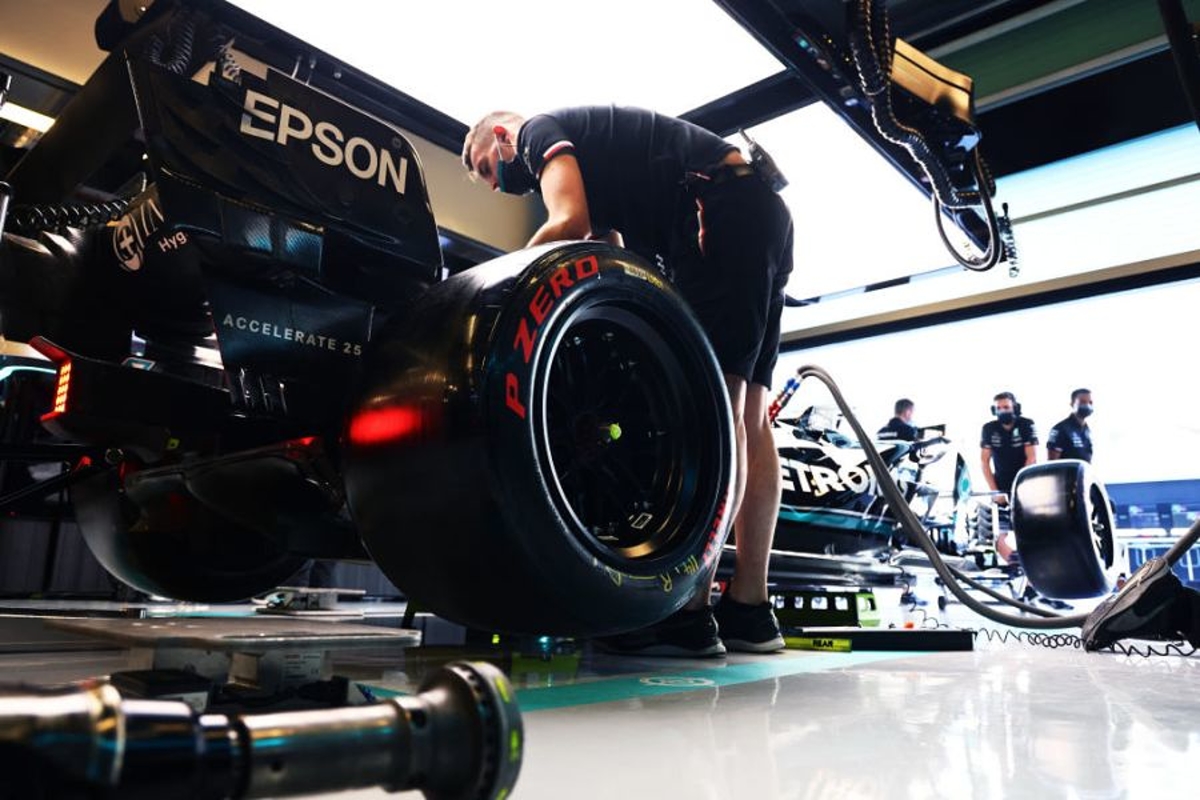Latest News

Australian Grand Prix Practice
F1 Results Today: Max Verstappen in NIGHTMARE session as scary crash brings out red flag in Australia
- 2 hours ago

FIA News
FIA issue multiple grid PENALTIES at Australian Grand Prix
- 42 minutes ago

F1 Today
F1 News Today: Lewis Hamilton and Ferrari summoned by FIA as driver absence confirmed
- 1 hour ago

Australian Grand Prix
F1 Practice Today: Australian Grand Prix 2025 start times, schedule, TV channel and live stream
- 3 hours ago

Australian Grand Prix Practice
F1 2025: Huge crash brings out second red flag at Australian GP
- Today 03:20

Australian Grand Prix Practice
F1 2025: Australian Grand Prix session red flagged by BIZARRE issue
- Today 03:08





































 Grand Prix De Monaco 2025
Grand Prix De Monaco 2025  Gran Premio de España 2025
Gran Premio de España 2025  Grand Prix du Canada 2025
Grand Prix du Canada 2025  Grand Prix of Austria 2025
Grand Prix of Austria 2025  Grand Prix of Belgium 2025
Grand Prix of Belgium 2025  Grand Prix of Hungary 2025
Grand Prix of Hungary 2025  Grand Prix of Azerbaijan 2025
Grand Prix of Azerbaijan 2025  Grand Prix of Singapore 2025
Grand Prix of Singapore 2025  Gran Premio de la Ciudad de Mexico 2025
Gran Premio de la Ciudad de Mexico 2025  Grande Prêmio de São Paulo 2025
Grande Prêmio de São Paulo 2025  Qatar Grand Prix 2025
Qatar Grand Prix 2025  Grand Prix of Abu Dhabi 2025
Grand Prix of Abu Dhabi 2025 